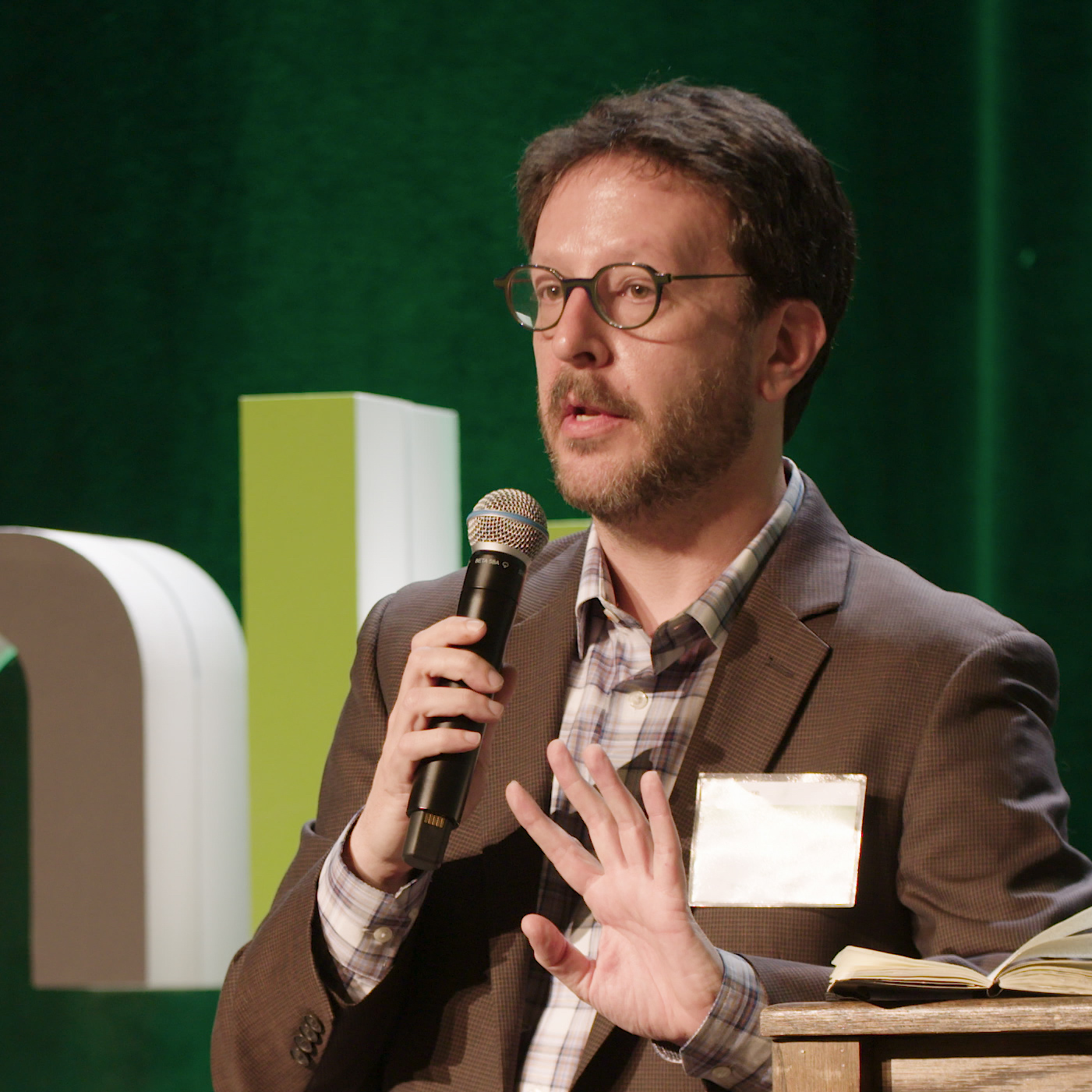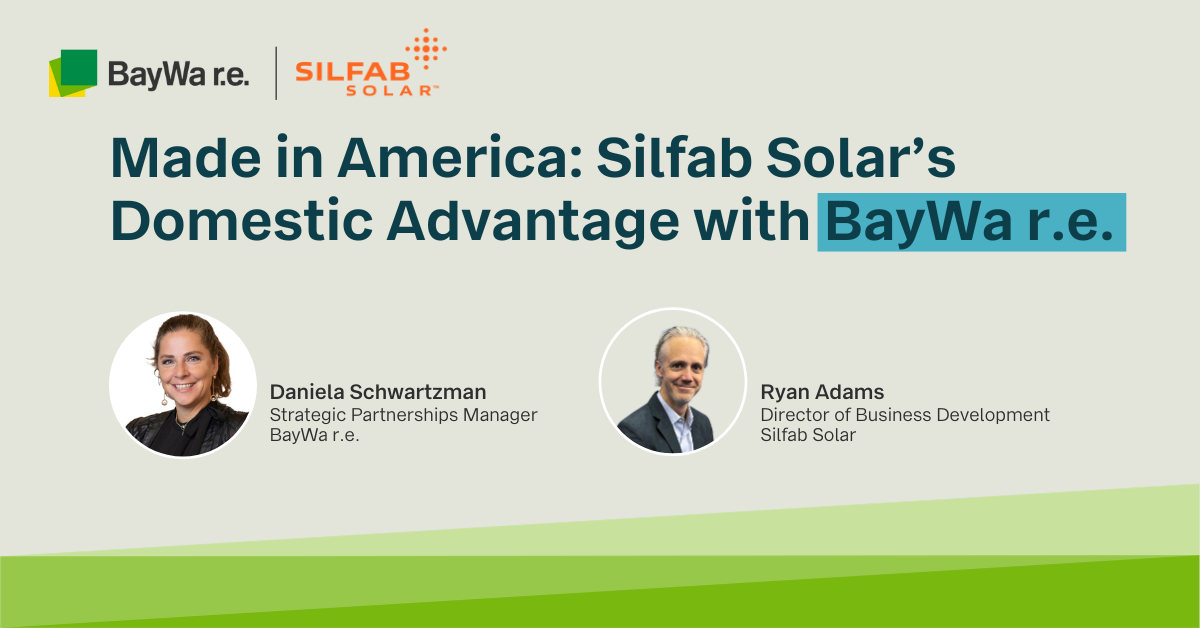
Reading Time:
3:30 minute read / 712 words
Business leaders often talk about “work-life balance” as a goal for their teams. Lately, I’ve been thinking that “work-life integration” could serve us better, especially as we incorporate the lessons of the current environment in which we are both navigating a global pandemic and confronting our collective need for racial equality.
What do I mean by work-life integration?
Every individual has a life structure made up of major components such as family, community, hobbies and work. Whereas “work-life balance” tends to entail enforcing strict boundaries between these components, work-life integration acknowledges that each aspect of our life structure bleeds into and informs the others, and there is benefit (both for the individual and the organization) to allowing and even embracing that.

Boaz Soifer
CEO, BayWa r.e. Solar Systems
What does that look like for the organization?
Most importantly, work-life integration means empowering individuals to take care of the whole self during work. Employees juggling children, homeschooling, or eldercare have very different pressures and definitions of “life” and all the variables that interact with their job responsibilities, especially now as many of us work from home. Employees facing ingrained societal pressures and invisible biases bear an even heavier emotional and psychological load that permeates their life and work. Organizations can make room for an individual to show up at work with all of that content instead of (unrealistically) expecting it to be left at the door.
For example, when a manager asks a team member how they’re doing in a one-on-one, inviting them to talk about their complete experience, rather than just about the work project they’re involved in, is a good step. Once a person is allowed to fully be themselves at work, the energy they had bound up in compartmentalizing their life structure and pretending everything’s fine when it’s not, can be released allowing for a more relaxed and even more productive work experience.
During work, we can also encourage the whole self to be present. We can think of the organization supporting the physical, emotional, and intellectual health of the individual, not only the latter as we tend to do. Taking a moment to go through a mindfulness or meditation exercise at the start of a meeting, for example, allows each whole person to arrive fully. We can also allow how our teams engage to ebb and flow, accounting for their physical and emotional well-being, by encouraging them to stop for a stretch or some yoga. Let the team know it’s totally okay to go for a walk or go tinker in the garden. We’re allowed to let our minds wander. We can make sure our teammates know they have permission to ask for support and to negotiate clear agreements. We might even spend some time teaching these skills.
A final aspect of work-life integration on which I want to touch is that we can more fully acknowledge people’s desire for personal growth. Using work in the form of tasks or projects as a vehicle for each person’s development supports team health and individual engagement. We can teach our teammates to think more critically, to evaluate decisions more robustly, to offer and receive constructive feedback maturely, and to unearth the biases and mental models that undermine their curiosity. The skills we teach at work translate into our teammates’ lives outside work as well.
If we aspire for each individual in our organization to love their work and see their job as a means of personal fulfillment, and where their experiences and wisdom at home and on the job can cross-pollinate, then we can nurture a culture that allows work-life integration to flourish. I invite you to implement tools and policies that support team members in communicating their needs and to identify processes and habits that encourage unrealistic expectations or “pretending” when things aren’t okay. When we recognize the whole person, we can invite their hidden qualities as caregivers, mentors, or social activists to also have a home at work.
Our organizations and the individuals that comprise them are evolving rapidly to meet the new challenges of 2020 and beyond. How are you encouraging work-life integration in your company? I’d love to hear from you.
— Boaz
Boaz Soifer is the CEO of BayWa r.e. Solar Systems (USA) and the Director of Solar Distribution for the Americas for BayWa r.e. (Global).
BayWa r.e. Solar Systems LLC supplies solar installers in the United States with best-in-class components, business planning advice, and a community of experts. Follow us on LinkedIn and Twitter, subscribe to our podcasts and YouTube, and bookmark our daily updated COVID-19 resource page. Part of the BayWa r.e. global family of renewable energy companies.




